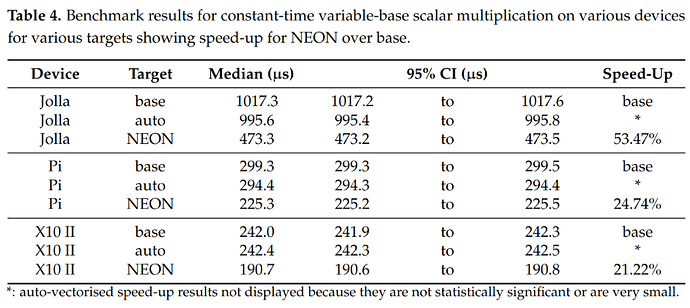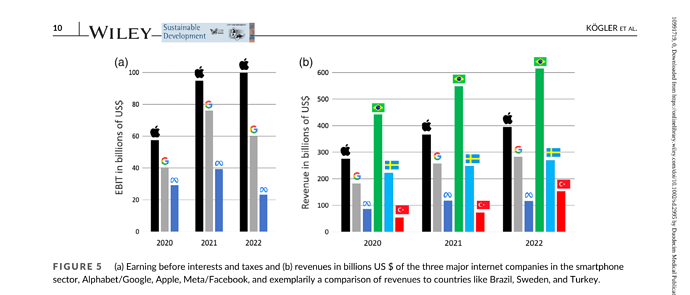I’m looking into scientific articles that are discussing SailfishOS in a general context. So far, there is not much to be found. In case there is anything else that I have found below, please let me know!
The most interesting paper I found is an article which is a little over 2 year old:
“A first look at forensic analysis of sailfishos”. A first look at forensic analysis of sailfishos
In this article, the authors discuss about how to perform forensic investigation into SFOS (3.2.1.20 on a non-encrypted Xperia XA2 H3113) by the means of exploiting user information with the help of commercially available tools “MOBILedit, Magnet Axiom Process and UFED using also dd and a combination with nc, both via bootloading TWRP” and provide “useful information” for investigators in case a device is been under surveillance by an forensic expert. Authors analyse the file system, device-specific information as well as the user data e.g. telephony.db, /var/lib/ofono/310260956xxxxxx/gprs/, history of commands used in terminal, MAC address of Bluetooth, latest connected WiFi, incomming and outgoing phone calls, list of websites that have been visited using the stock browser, calendar entries (mkcal.db) as well as contacts (contacts.db).
When browsing this paper, I really think it is a good idea to encrypt the file system as well as the microSD card.
Another interesting publication from 2015 is the thesis of Lauri Johansson Writing and Running Qmltestrunner Tests Case: Jolla
This Bachelor’s thesis has a lot of information for Qt/Qml coding beginners, specifically the Qmltestrunner test automation tool.
There is also an interesting Swedish Bachelor’s thesis from 2019 (Undersökning av alternativ för virtualisering av Android på SailfishOS)which is “…attempt to port the virtual android environment Anbox to the smart phone operating system SailfishOS. The purpose of the project is to see if such a solution can make SailfishOS and similar operating systems useful in a society that indirectly requires you to be able to run Android or iOS applications on your phone. The result of the project makes a number of short comings clear in the SailfishOs platform which hindered an actual attempt to evaluate the compatibility between Anbox and SailfishOS.”



